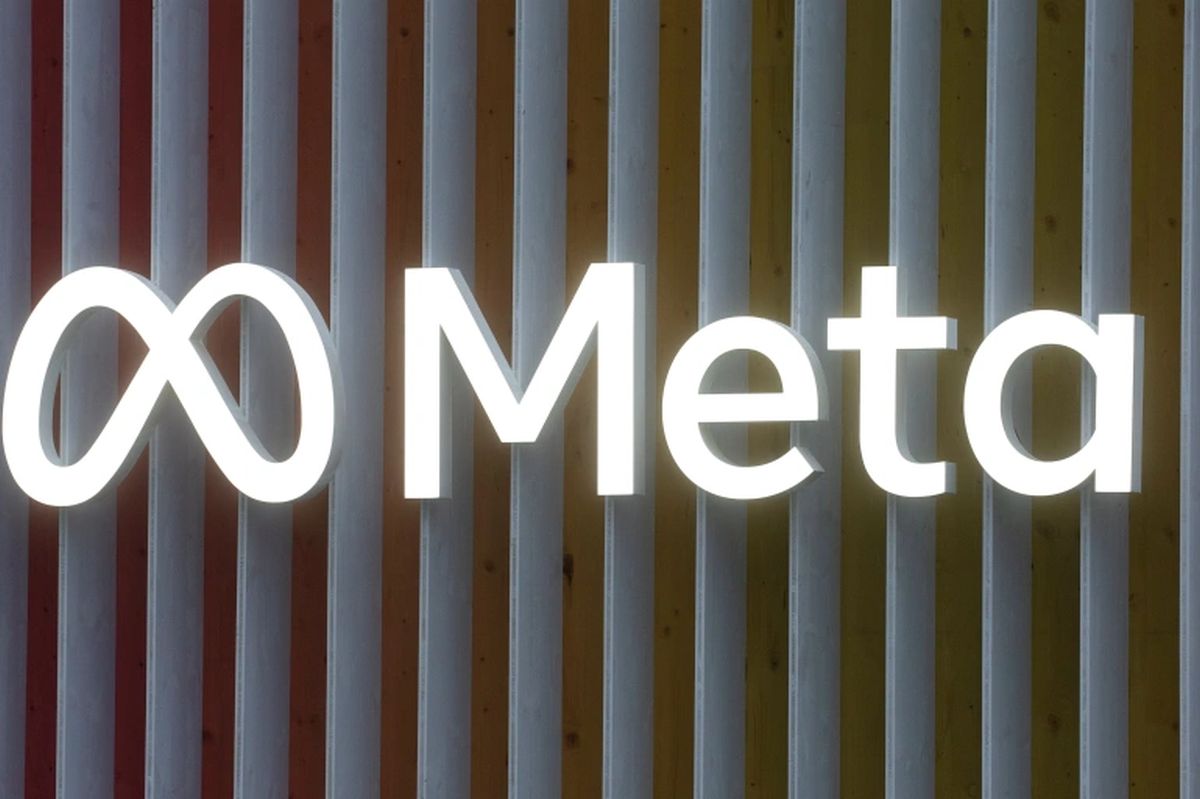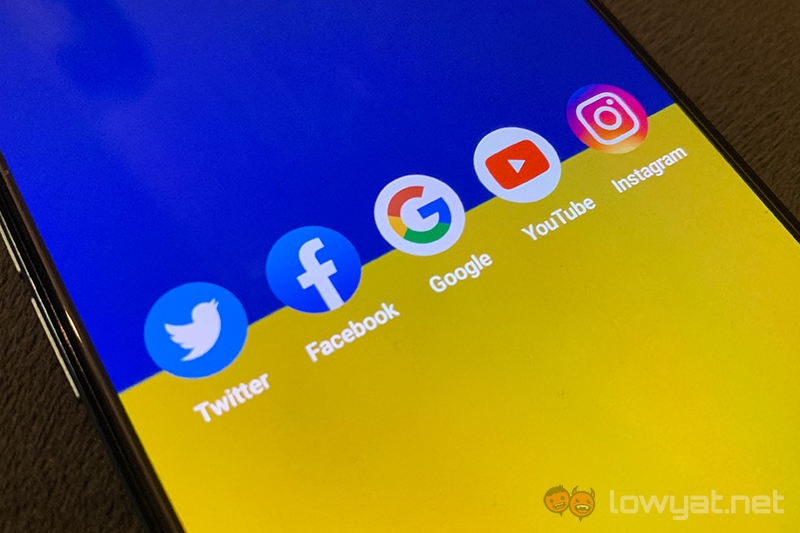Meta, the parent company of Facebook, has officially sold Giphy, the online database that allows users to create short-loop videos. The company sold the animated GIF search engine to Shutterstock, the US-based company that sells stock photos, for just US$35 million (~RM160 million).
That sale of Giphy by Meta is a remarkably low amount for the social media company, especially since it first purchase the GIF maker for US$400 million (~RM1.84 billion) back in 2020. Following the confirmation of the sale, Shutterstock said that the deal should be finalised next month, with Meta signing a commercial agreement to continue accessing the engine’s content.
“This is an exciting next step in Shutterstock’s journey as an end-to-end creative platform,” remarked Paul Hennessy, Shutterstock CEO. “Shutterstock is in the business of helping people and brands tell their stories. Through the GIPHY acquisition, we are extending our audience touch points beyond primarily professional marketing and advertising use cases and expanding into casual conversations. Giphy enables everyday users to express themselves in memorable ways with GIF and sticker content while also enabling brands to be a part of these casual conversations.”
One reason behind Meta’s sale of Giphy is that the UK’s antitrust authority and the CMA had issued a final order to the Facebook parent company to sell the GIF engine, in order to reduce dynamic competition. While the company did try to appeal the order, it ultimately decided not to pursue the issue any further and in October last year, made the decision to drop any further appeals and proceeded to make the arrangements to sell off the entity.

The sale of Giphy and the UK’s CMA involvement further highlights the latter’s decision to adopt a tough antitrust stance. Just last week, the body upped the ante against Microsoft’s potential acquisition of Activision Blizzard; not only did it outright shut the deal down, it even went as far as issuing an order that effectively blocks either party from making a pre-emptive move that would help facilitate their planned acquisition. Having said that, the two companies were given a small mercy in the form of the EU’s approval of the acquisition.
(Source: CNBC, TechCrunch)
Follow us on Instagram, Facebook, Twitter or Telegram for more updates and breaking news.




